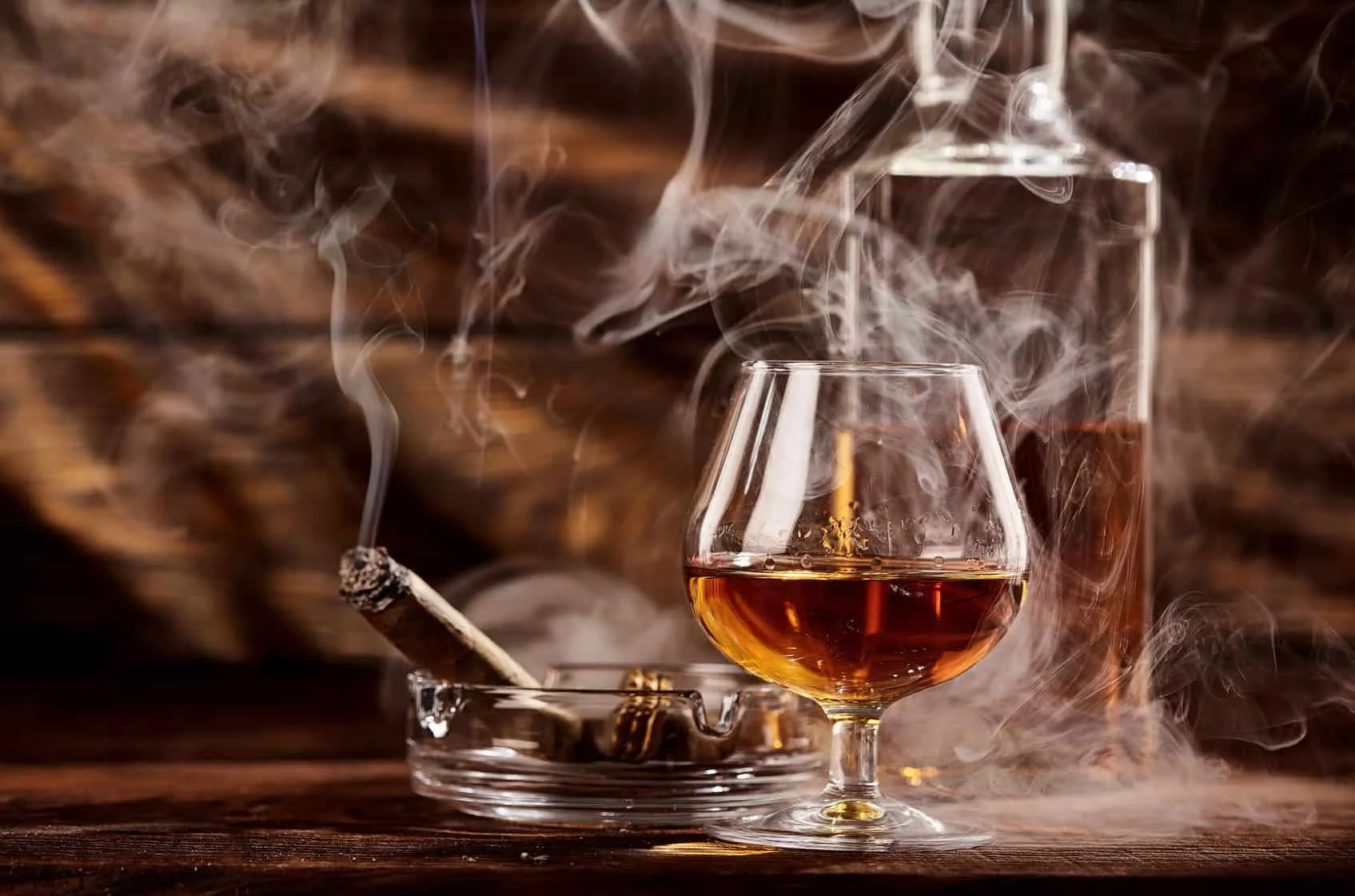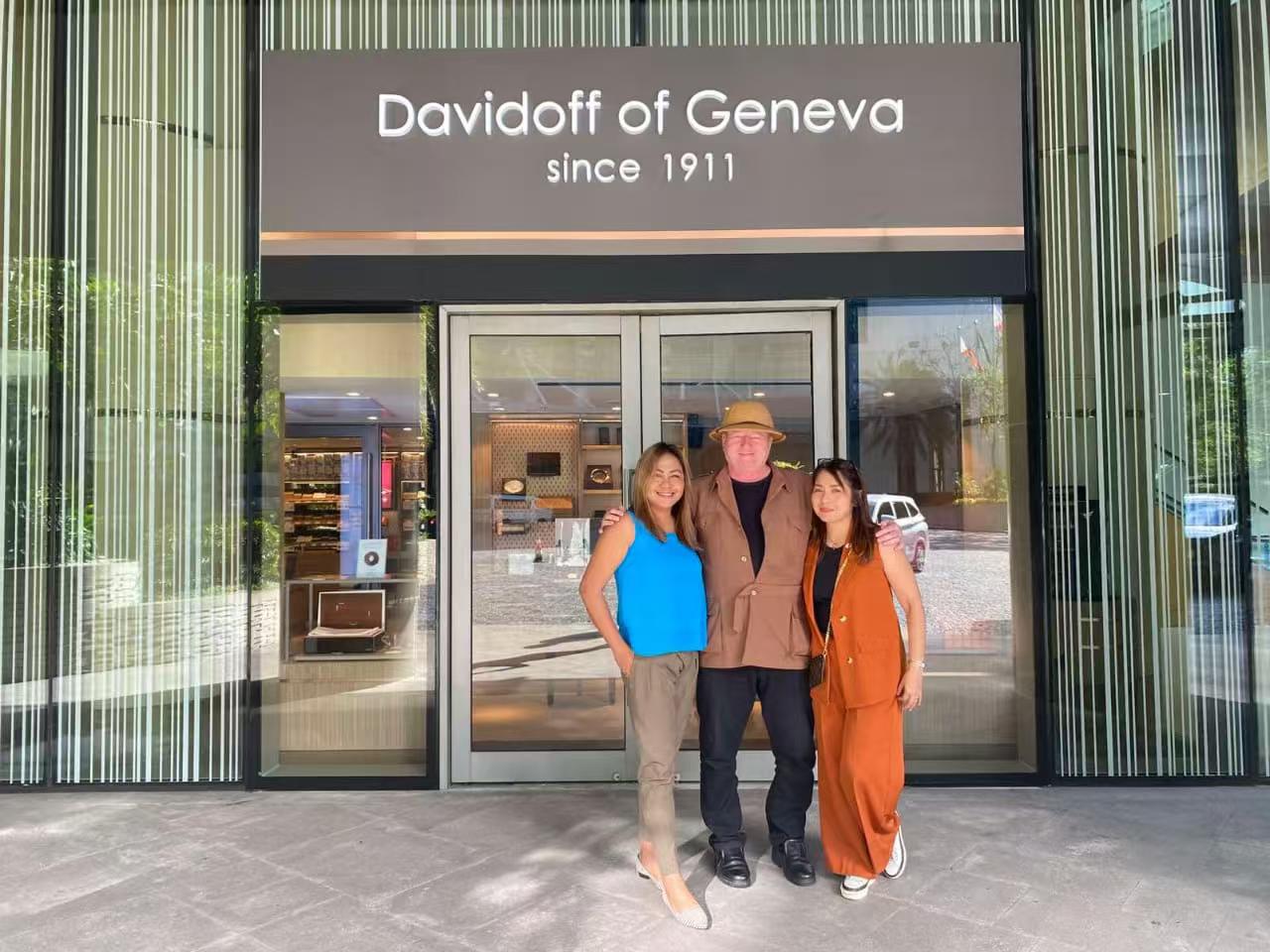by Martin Haffner Senior Editor
Cigar smoking has long been a practice steeped in tradition, indulgence, and culture. It evokes images of sophisticated social gatherings, celebratory moments, and, for some, a symbol of status. However, the mainstream view on cigar smoking is increasingly complex, influenced by health considerations, cultural shifts, and changing social norms.
Historical Context
Cigars have been part of human culture for centuries, with origins tracing back to the indigenous peoples of the Americas. Their introduction to Europe in the 16th century sparked a fascination that has endured to this day. Throughout the 19th and early 20th centuries, cigars became associated with affluence and leisure, often linked to notable figures in politics and entertainment. The “cigar lounge” culture emerged, where enthusiasts would gather to savor their smokes in a refined environment—an image that persists in many minds today.
The Health Debate
In modern society, the narrative around cigar smoking is complicated by health considerations. Public health organizations have consistently raised alarms about the dangers of tobacco use, highlighting that cigars carry many of the same health risks as cigarettes, including cancer, respiratory disease, and cardiovascular issues. While some cigar smokers argue that their consumption is more infrequent and in moderation—often claiming it to be a more “sophisticated” alternative to cigarette smoking—the scientific community remains cautious.
The emergence of vaping and alternative tobacco products has further complicated perceptions, with some smokers viewing cigars as a more “natural” choice compared to heavily processed options. However, the mainstream medical community continues to advocate for caution, urging individuals to consider the long-term health implications of any form of tobacco use.
Social and Cultural Shifts
As societal norms evolve, so too does the perception of cigar smoking. The once-luxurious appeal now faces challenges from changing lifestyles and attitudes towards smoking. As more cities implement stricter laws regarding smoking in public, the venues for cigar smoking have diminished. This shift impacts not only where individuals can enjoy cigars but also how they perceive their social activities.
Moreover, the younger generation tends to prioritize health and wellness, making them more reluctant to engage in smoking activities. Social media also plays a role in shaping attitudes, with influencers promoting wellness trends that include clean living and abstaining from tobacco. Consequently, the romanticized view of cigar smoking is finding itself at odds with the realities of contemporary values around health and lifestyle.
Cigar Culture Today
Despite the challenges, cigar culture remains vibrant. Cigar aficionados still gather in lounges and clubs, share recommendations, and enjoy festivities centered around tobacco. Events like cigar festivals and tastings attract enthusiasts who appreciate the craftsmanship behind premium cigars. Cigar manufacturers also adapt to changing tastes by offering more diverse and ethically sourced products, catering to a more discerning clientele.
Furthermore, the rise of online communities and social media platforms has given enthusiasts a space to connect, share their passion, and celebrate the art of cigar smoking, ensuring that the culture persists even in a climate of heightened scrutiny.
The mainstream view of cigar smoking encompasses a broad spectrum of perspectives, from its historical associations with luxury and leisure to contemporary concerns about health and societal norms. While the allure of cigars remains for many, the conversation around smoking is evolving, reflecting a growing awareness of health implications and changing cultural values. As society continues to prioritize well-being, the future of cigar smoking will likely adapt, balancing tradition with responsibility in a modern context.



